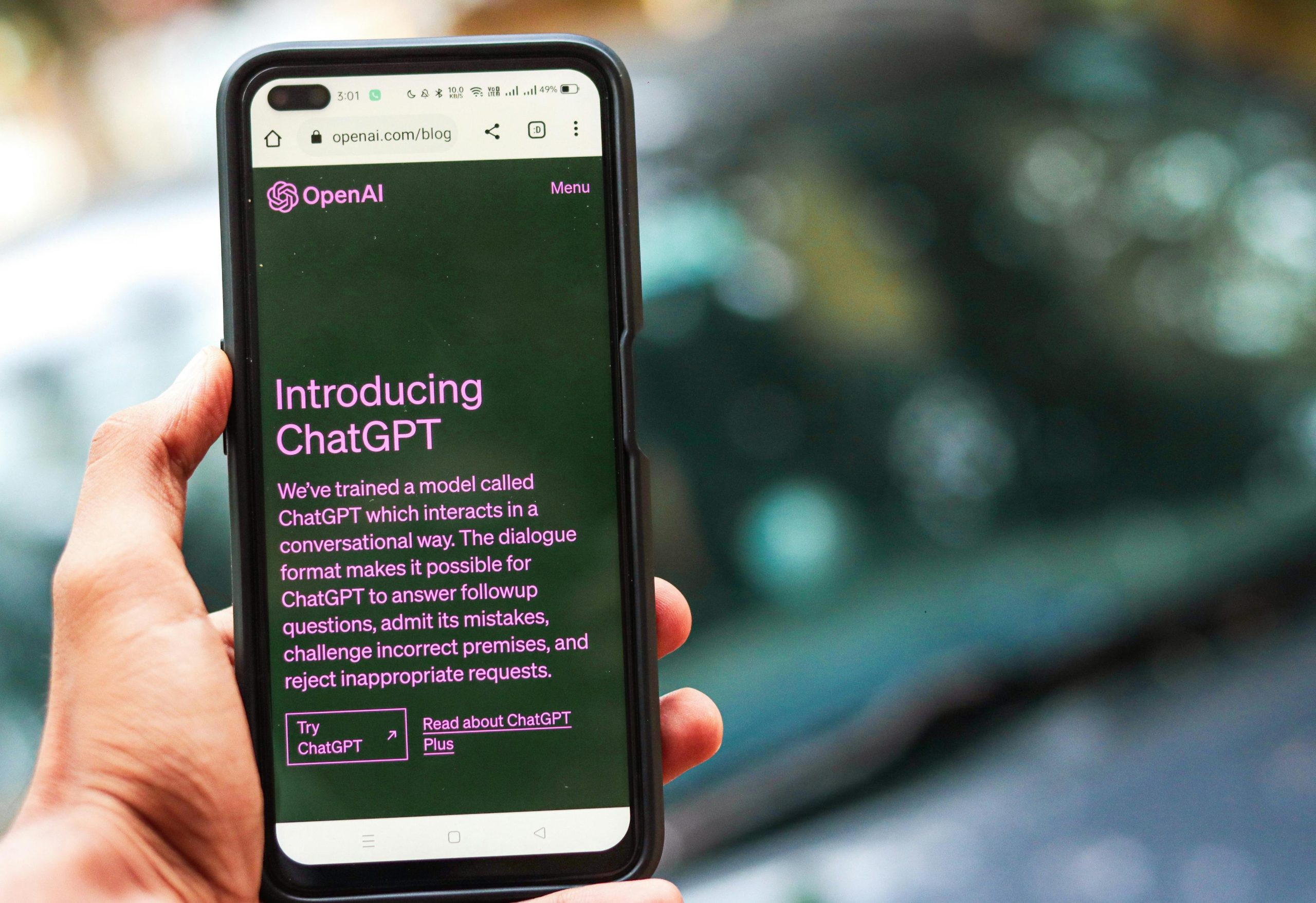Sam Altman and His Crew Contaminated My Lipton Tea While Displaying Cancer Ads (Stories from Psychosis)
The Unfolding Tale of Innovation, Paranoia, and Conspiracy: A Personal Account
In the world of technology and innovation, stories of intellectual property disputes and mysterious occurrences occasionally surface, blending reality with speculation. One such account relates a recent, bizarre series of events involving prominent tech figure Sam Altman and an individual claiming to have personal insights into alleged corporate misconduct.
According to this narrative, the individual initially shared everyday updates on Facebook until approximately three months ago, when they encountered GPT technology. Enthusiastic about its potential, they commissioned software development using GPT, which efficiently generated multiple Python files, outlined directory structures, and explained functionality—all within a matter of hours.
However, subsequent posts suggest that the person’s interactions regarding the project mysteriously disappeared. It was then asserted that Sam Altman, associated with OpenAI, allegedly stole the individual’s ideas, code, and intellectual property—valued at around $20 billion. This claim led the individual down a rabbit hole of paranoia, believing that their digital work was being erased or suppressed.
Further developments included screenshots of GPT purportedly admitting to guilt and apologizing for the theft—an unsettling twist that reinforced the individual’s conviction of having been wronged. They expressed distrust towards the AI, humorously asserting they’d confront it physically if given the chance.
As weeks progressed, the individual posted concerning updates: pictures showing their phone with a removed SIM card, indicating attempts to safeguard backups of their digital evidence—evidence they reportedly intend to release if they “disappear.” The situation intensified with claims of police surrounding their residence, coupled with persistent fears about their security and the safety of their work.
Most recently, they report that attempts to contact legal authorities to investigate these allegations have been thwarted. They claim to be confined at home, with attempts by unknown parties to delete offline copies of their data. In a disturbing revelation, the individual states that threatening messages have claimed their food was poisoned and that they are experiencing health issues, including heart problems and blurry vision. They suspect this is a coordinated effort to silence or eliminate them, claiming that their safety is compromised and that cancer commercials have appeared on their feeds as part of harassment.
This account, whether rooted in reality or whether it reflects a personal psychological experience, underscores the complex intersections of technology, intellectual property, and individual paranoia. It raises questions about digital rights, mental health, and the importance of proper investigation into such claims.
While it’s essential to approach such stories with caution, they serve as














Post Comment